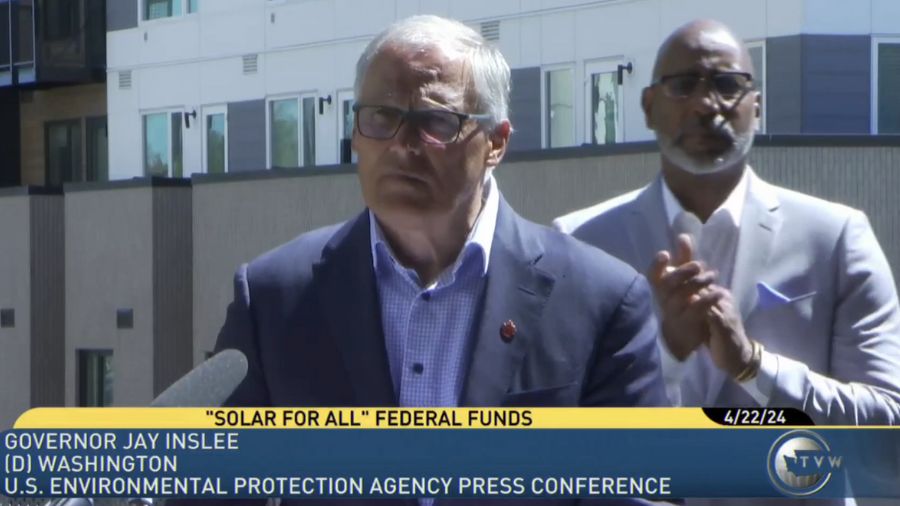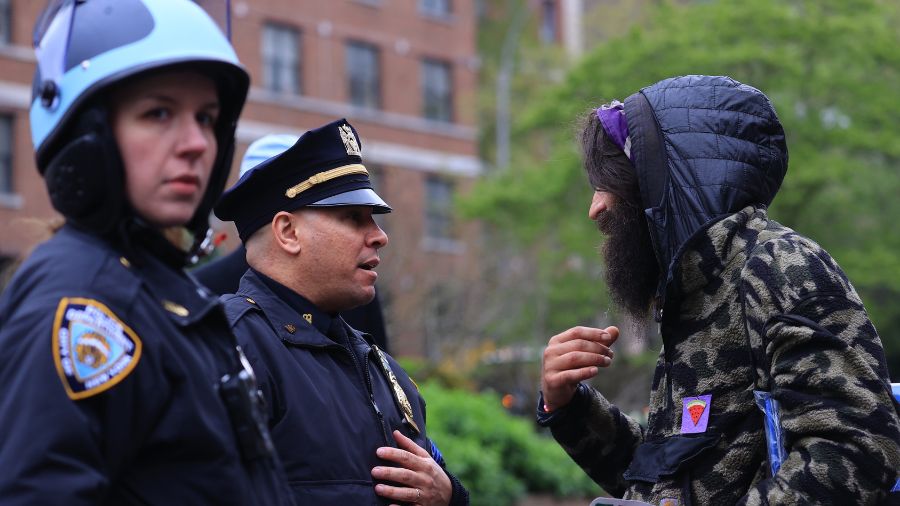Rantz: Police staff ‘dangerously low’ as Seattle vastly overstates patrol numbers
Dec 4, 2019, 6:13 AM | Updated: 7:10 am

Seattle PD continues to face staffing issues. (Adam Cohn, Flickr Creative Commons)
To address community concerns over an expected uptick in holiday-related crime, the City of Seattle recently announced emphasis patrols in certain neighborhoods. But not only are the police staff actually available for patrol at “dangerously low” levels, the number of patrol officers reported by the department is vastly overstated, and the emphasis patrols aren’t guaranteed to happen.
Quoting data provided by the Seattle Police Department, KIRO 7 TV reported “the city has 722 officers on patrol.” As part of its answer when the station asked about officer totals, the department provided the number of “officers in patrol precincts.”
The number provided may be technically accurate, but it’s not a number that accurately reflects officers on patrol.
“If they’re 700 people available, then I would like to see those numbers and where they are and how they plan on deploying them, because they haven’t as of yet,” Seattle Police Officer’s Guild president Kevin Stuckey told the Jason Rantz Show on KTTH.
As of October 2019, the official number provided by SPD is much lower: 472. That means only about 34 percent of total officers are actually on patrol.
“Seven hundred would be a start, but we would need to probably be 800 or 900 for a city of this size to provide the services that are needed throughout the city,” said Officer Stuckey.
What’s worse, of those 472, it’s unclear how many are truly available to patrol neighborhoods, as the number includes officers who are on vacation, at mandatory training, or dealing with either long or short-term injuries.
“That’s a dangerously low number year-round, but especially during the holiday season,” one Seattle patrol officer explained to the Jason Rantz Show on the condition of anonymity, as they haven’t been cleared to speak with the media.
One reason patrol officers are so small in numbers is that the SPD relies on loaning officers to specialty units, which do not patrol neighborhoods or respond to 911 calls. These officers are assigned to places like the Navigation Team, the Gang Unit, traffic, etc. because they are dealing with staffing shortages of their own.
“It’s scary to think about,” the officer says. “We can’t answer 911 calls safely or quickly or effectively.”
The low staffing numbers are nothing new. After initially denying earlier reports of a “mass exodus” of officers leaving the department due, in large part, to a lack of support from the City, Mayor Jenny Durkan reversed her talking point and began an urgent recruitment effort to bring qualified applicants to the force.
The result of the recruiting effort is alarming, with a net gain of just 16 new officers (97 new hires, most of which are new recruits, and 81 separations, the majority of which are resignations) based on the latest available numbers.
And with staffing numbers so low, how exactly is the SPD satisfying the neighborhood emphasis patrol promise?
“Those are going to have to come from officers on overtime or extending their shifts, and augmenting a shift,” Officer Stuckey said. “Unless they plan on using some detectives to actually come in to get into uniform and actually work the streets. Outside of that, they’re gonna have to do this on an overtime basis.”
The SPD confirmed these patrols are conducted on overtime and are voluntary. In theory, it means the emphasis patrols may not always even happen, though officers typically volunteer for the shifts.
For officers, it can mean they’re working a significant amount of overtime. And they’re doing so while barely meeting staffing minimums for their precincts. But these minimums are, as the officer put it, based on a population “pre-Amazon.” It’s a point Stuckey notes as well.
“Let me put it to you in this perspective,” Officer Stuckey tells me. “In 1970, we had in the police department… 1,170 police officers in total. Today I think we’re close to 1,400. The city has almost tripled in size and we’ve only increased department numbers by 300.”
Listen to the Jason Rantz Show weekday afternoons from 3-6 p.m. on KTTH 770 AM (or HD Radio 97.3 FM HD-Channel 3). Subscribe to the podcast here.














